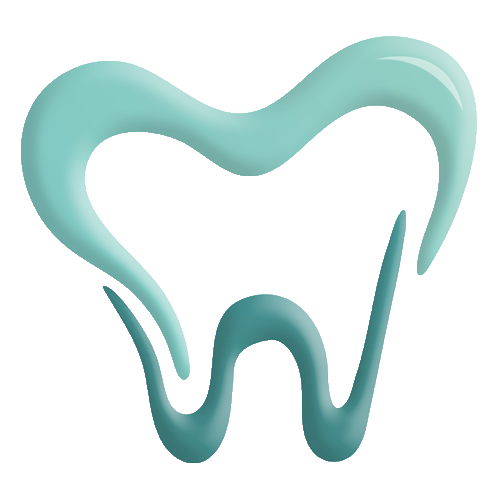When it comes to a healthy diet, there are “good carbs” and “bad carbs”. But when it comes to your teeth, all carbs can be bad. Let me explain why.
Your mouth is a dirty place. We all have loads of bacteria that live there. This is normal. Every 24 hours you form a thin bio-film, called plaque, that sits on your teeth. Every time you eat a snack, food particles remain in your mouth and the bacteria feast on them. The bacteria especially love carbs, like potato chips, or even healthy carbs like whole wheat bread. Next, these bacteria will release an acidic by-product that gets caught in the plaque. This acid then slowly eats away your enamel causing a hole, or a cavity.
The cavity usually doesn’t hurt for a very long time. It can take up to 4 years for a small cavity to grow really big and deep into your tooth. Once it hits your nerve and infects the nerve, that it when it starts to cause pain. So, if you catch it early enough, then you can take care of it with just a white filling and stop the decaying process of your tooth. This why it’s so important to keep going to the dentist for your regular dental check-ups. This is also why x-rays are taken at those dental visits, so cavities can be caught while they are still small.
However, it is much more cost effective and comfortable to simply avoid cavity formation in the first place. How can you do that? Simply by using floss and a toothbrush after every meal. You should brush your teeth a few times a day, thereby removing the constantly forming plaque layer off of your teeth. You also need to floss to remove the plaque that is caught in between the teeth and just under the gums. In this way you can decrease the chance that any food particles remain, so the bacteria will have nothing to feast on. By flossing and brushing you are putting the bacteria in your mouth on a periodic “fasting” diet, thus preventing the process of cavity formation. You are also going to maintain healthy gums by doing this routine as well. So, it’s a win-win situation for your oral health!

